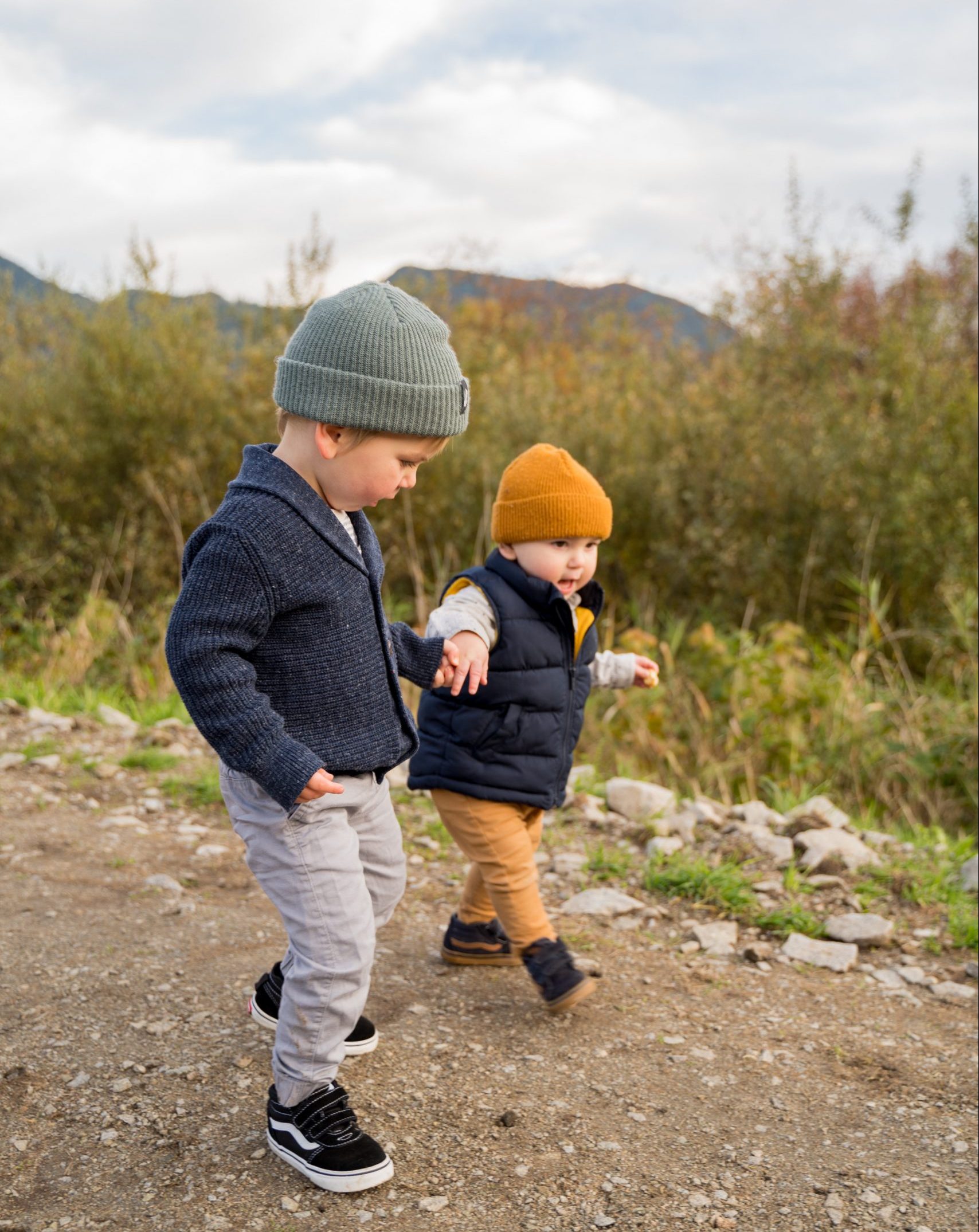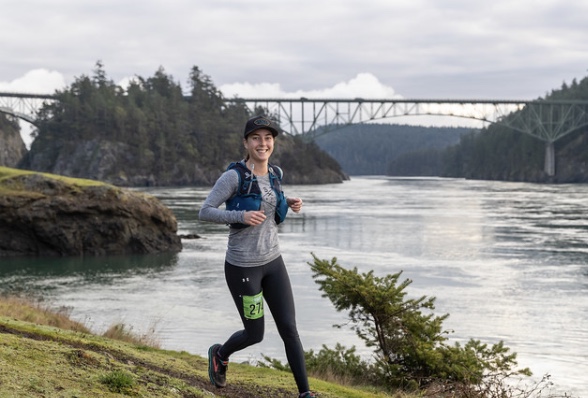This is an installment of our ‘Member Spotlight’ series, in which we feature a CHES Member and share how their area of research and innovation is impacting health professions education. In doing so, we hope to help propagate ideas throughout the community and provide a mechanism by which CHES Members may identify opportunities for collaboration and expertise sharing.
This issue focuses on Katherine Wisener. Katherine is the Associate Director for the Office of Faculty Development and a PhD candidate in the Maastricht School of Health Professions Education.
How did you get interested in doing a PhD and what went into the decision to finally jump in?
I have noticed a recurring pattern in that I will work in a given role for a few years, and then I find myself intrigued by some phenomenon to the point that I absolutely must explore it empirically. I find that the daily demands of positions don’t always allow for room to explore, ponder, and read about things that interest us, which is one reason why considering a PhD was compelling to me. I emailed Kevin Eva one evening to pick his brain about the Maastricht PhD Program in the School of Health Professions Education and before I knew it, I was drafting my application to the program. Mentorship from Sandra Jarvis-Selinger, Renate Kahlke, Erik Driessen, and Dan Pratt also gave me the water wings that helped me take the plunge.
What was your first research project about?
My very first research project was in an undergraduate psychology course where we were tasked with applying theories of persuasion. I created two different donation request forms to a charity and randomly distributed them to my classmates. I was flabbergasted by the effectiveness of some of these marketing strategies, and the experience made me realize the power of words and framing. As an example, simply adjusting whether you suggest donation amounts in descending order (e.g. $25, $15, $5), will lead you to receive significantly higher contributions than ordering them in ascending order (e.g. $5, $15, $25) as people are always looking for cues in their environment to help inform decision making.
What have you been exploring in your current scholarship?
Broadly speaking, my current research aims to support and value the clinical and classroom educators who teach medical students and residents. My current study is exploring how learners approach giving feedback to their teachers and preceptors. While there are plentiful guidelines for teachers in giving feedback, there is a lack of comparable guidance for learners. Given that my previous study found that teachers highly value feedback from their learners, I hope to help optimize ‘upward feedback’ processes, as one of the many ways to support clinicians who teach.
What is the most important lesson you have learned from doing education research?
I have come to greatly appreciate and value institutional ethics review boards. The task of completing an ethics application can be time consuming, with a lot of back and forth with reviewers in an effort to clarify every detail of your proposed project. I always knew that ethics was there to protect participants, but I’ve found that in every study I’ve done, a seemingly innocuous question leads to an emotional disclosure by someone. Whether its clinicians talking about ways in which they do or don’t feel valued, or medical students talking about ways in which they’ve tried to address teaching concerns, it is important to be prepared for these situations and to offer appropriate support. Your ethics application is a good place to map this out.
What HPE research finding or theory has had the greatest impact on your work?
An oldie but a goodie is Herzberg’s (1959) two-factor theory on motivation. When we think of building someone’s motivation, we often think of it as an individual issue. This theory highlights that you could be the most motivated person in the world, and still struggle if your environmental conditions create systematic barriers. This theory reminds us that building motivation in individuals is only half the battle; the environment must be addressed as well.
What is one practical tip you might share with new faculty members who wish to pursue education as a prominent part of their career path?

That achievement in HPE research isn’t defined by how quickly you can plow through it, and in fact, there are benefits to taking your time. I had lofty goals when I started my PhD program, but working full-time, starting a family, losing my father, and trying to keep some semblance of a work-life balance has led me to take longer than I initially wanted to. That’s okay, and if anything has given me a more well-rounded perspective. I have a better understanding of the complexities clinicians face when teaching due to my work in faculty development. I have learned about different perspectives as a result of the relationships I’ve built. I have thicker skin because at the end of the day I have two little humans who love me unconditionally. Taking your time also gives you the benefit of seeing how the current societal and political climate may be affecting your research. So, my ‘tip’ would be to give yourself the grace and acceptance to chip away, knowing that doing so can ultimately lead to a stronger contribution to HPE research.
What do you like to do outside of work?
Trail running! I love the feeling of running through the forest and feeling far away from the hustle and bustle. I also love spending time with my family. Our sons Davis (3.5) and Cole (1.5) are my walking hearts and I love watching them grow. Everyone I speak to with older children emphasize how precious this time is, so as hard as it is to fully appreciate that perspective when I’m covered in snot, tears and who knows what else, I always try to remain present and soak up all of the moments, even the chaotic ones.